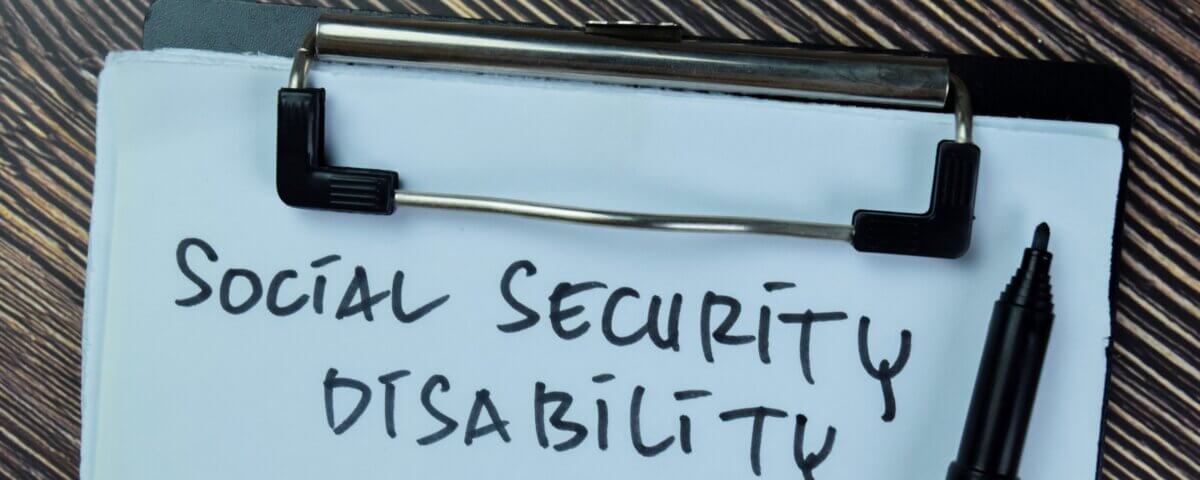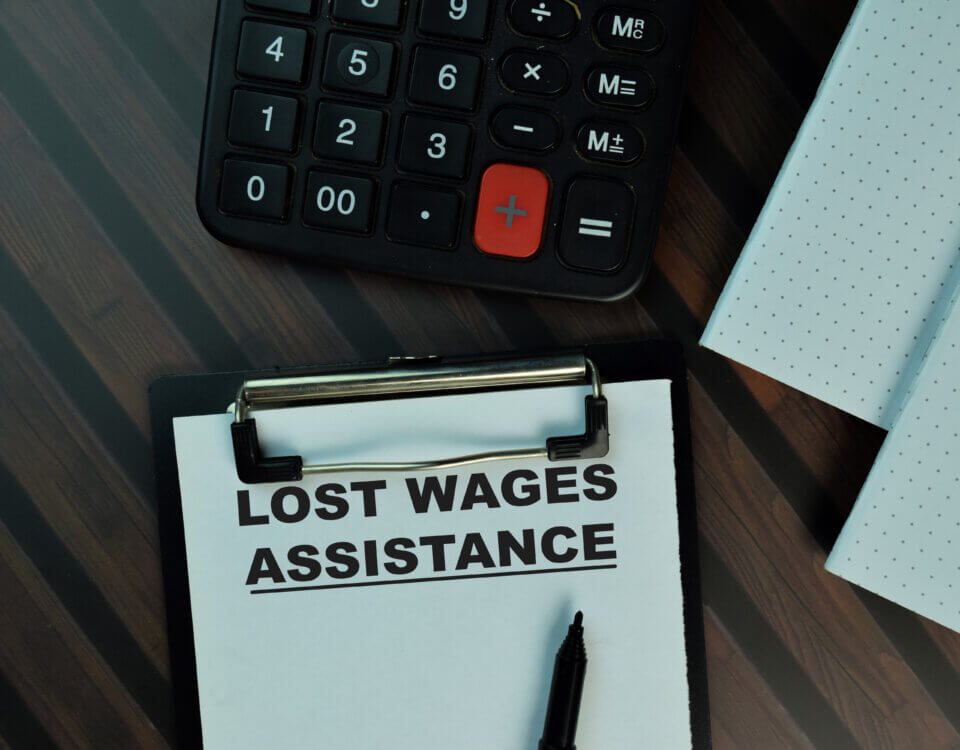When someone is already receiving Social Security Disability Insurance (SSDI) and then receives a personal injury settlement, questions naturally arise about how that settlement may influence their benefits. Below is an informative breakdown to help you understand.
What Is SSDI and Who Qualifies?
SSDI is a federal program designed to support individuals whose disabilities prevent them from working. To qualify, you must have:
- A disability that meets the Social Security Administration’s definition
- A sufficient work history, meaning you earned enough Social Security credits through prior employment
Once approved, SSDI benefits are calculated based on your earnings history. Some family members may also qualify for benefits in certain cases.
SSDI vs. SSI: Key Differences
It’s important to distinguish SSDI from Supplemental Security Income (SSI).
- SSDI is based on your work contributions via payroll taxes. There are no strict limits on your income or resources once you are receiving SSDI.
- SSI is a need-based program; it supports disabled, elderly, or blind individuals who have limited income and assets. Because it is means-tested, a large settlement or increased income could reduce or eliminate SSI eligibility.
Does a Lump-Sum Personal Injury Settlement Affect SSDI?
In most situations, the answer is no. Once you are approved and receiving SSDI, a personal injury settlement generally does not change your eligibility or force a reduction in benefit levels.
That said, there can be implications in related areas:
- Medicare costs and premiums: If your settlement includes amounts intended to cover future medical expenses, it may affect how Medicare treats those costs.
- Future medical allocations: The portion of your settlement tied to ongoing medical care may be scrutinized in connection to your SSDI benefits.
How to Preserve SSDI Benefits When Accepting a Settlement
To reduce risk of conflict with SSDI or related benefits, consider these strategies:
- Structured settlement: Instead of accepting one large payment, spread the settlement over time. This may help manage how it interacts with other benefit programs.
- Special needs trust: While more commonly used to protect SSI and Medicaid, a properly drafted trust may help shield certain assets from counting against means-tested programs.
- Medicare set-aside (MSA): Allocate part of your settlement specifically for future medical care tied to your injury, keeping those funds separate and in compliance with Medicare rules.
- Legal advice specialized in SSDI: Because the rules are complex, working with a law firm experienced in both personal injury and SSDI helps ensure your settlement is structured in a way that safeguards your benefits.
Note: These blog posts are created solely for the use of Hillstone Law. The information is gathered from internet research, publicly available sources, and artificial intelligence (AI) tools such as ChatGPT. While we aim to share helpful and educational content, Hillstone Law does not independently verify every detail. Some information may be incomplete, outdated, or subject to change without notice. If you believe any part of a post is inaccurate, misleading, or infringes upon copyright, please contact Hillstone Law immediately so we can review it and take appropriate action, including correction or removal.
Disclaimer: The material provided in these blogs is for general informational purposes only and should not be considered legal advice. Reading these posts does not create, and is not intended to create, an attorney-client relationship with Hillstone Law. Our intent is to share knowledge, raise awareness, and provide helpful resources to the public; however, Hillstone Law makes no warranties or guarantees about the accuracy, completeness, or reliability of the information provided, and expressly disclaims liability for any actions taken in reliance on it. The photos used in these posts are for illustrative purposes only and do not depict actual clients, individuals, or incidents unless expressly stated. If you or a loved one has been injured in an accident, please contact Hillstone Law at (855) 691-1691. Our attorneys are available to answer your legal questions and help you understand your rights.







